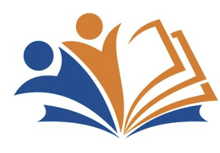STEAM Education
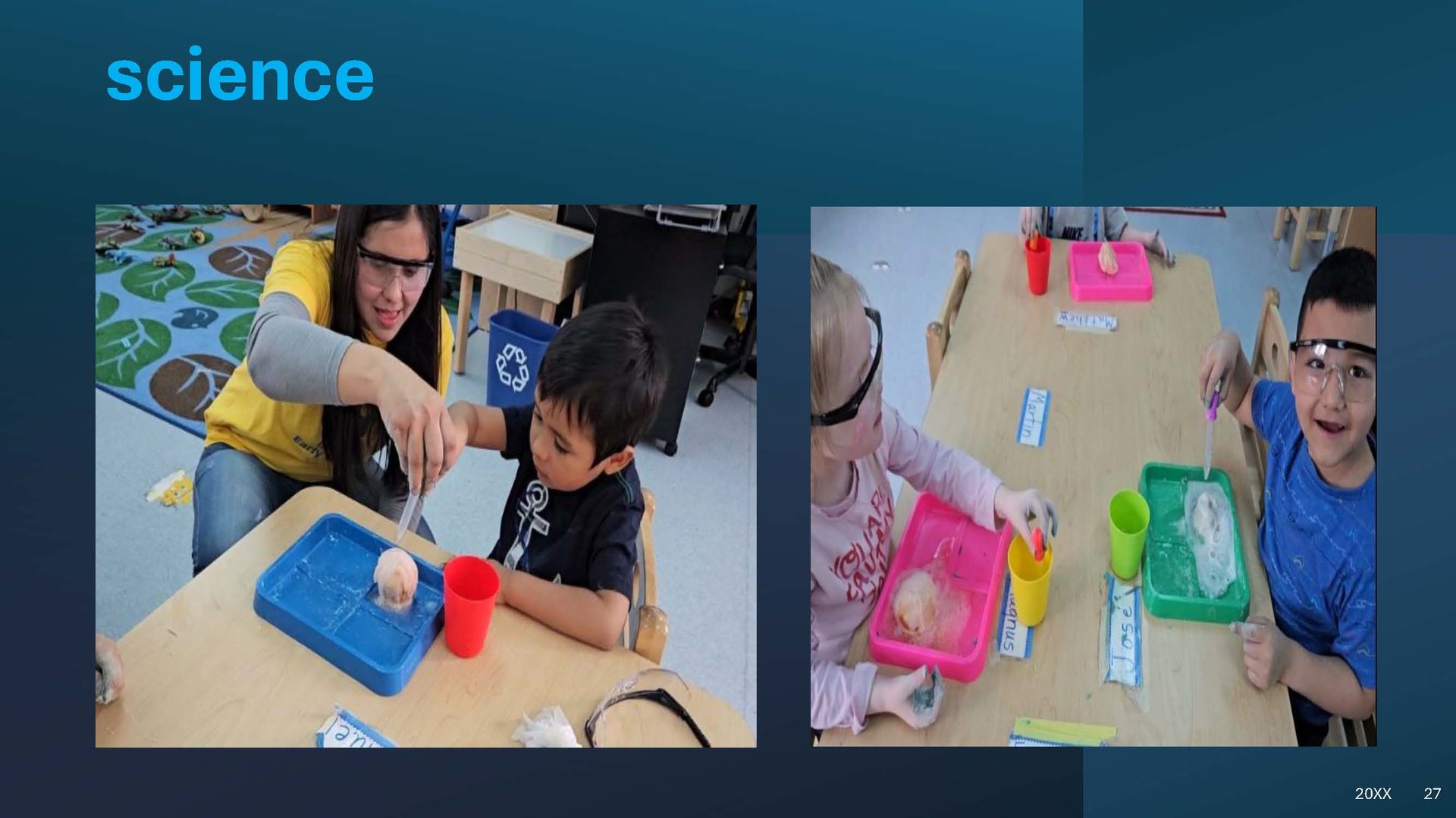
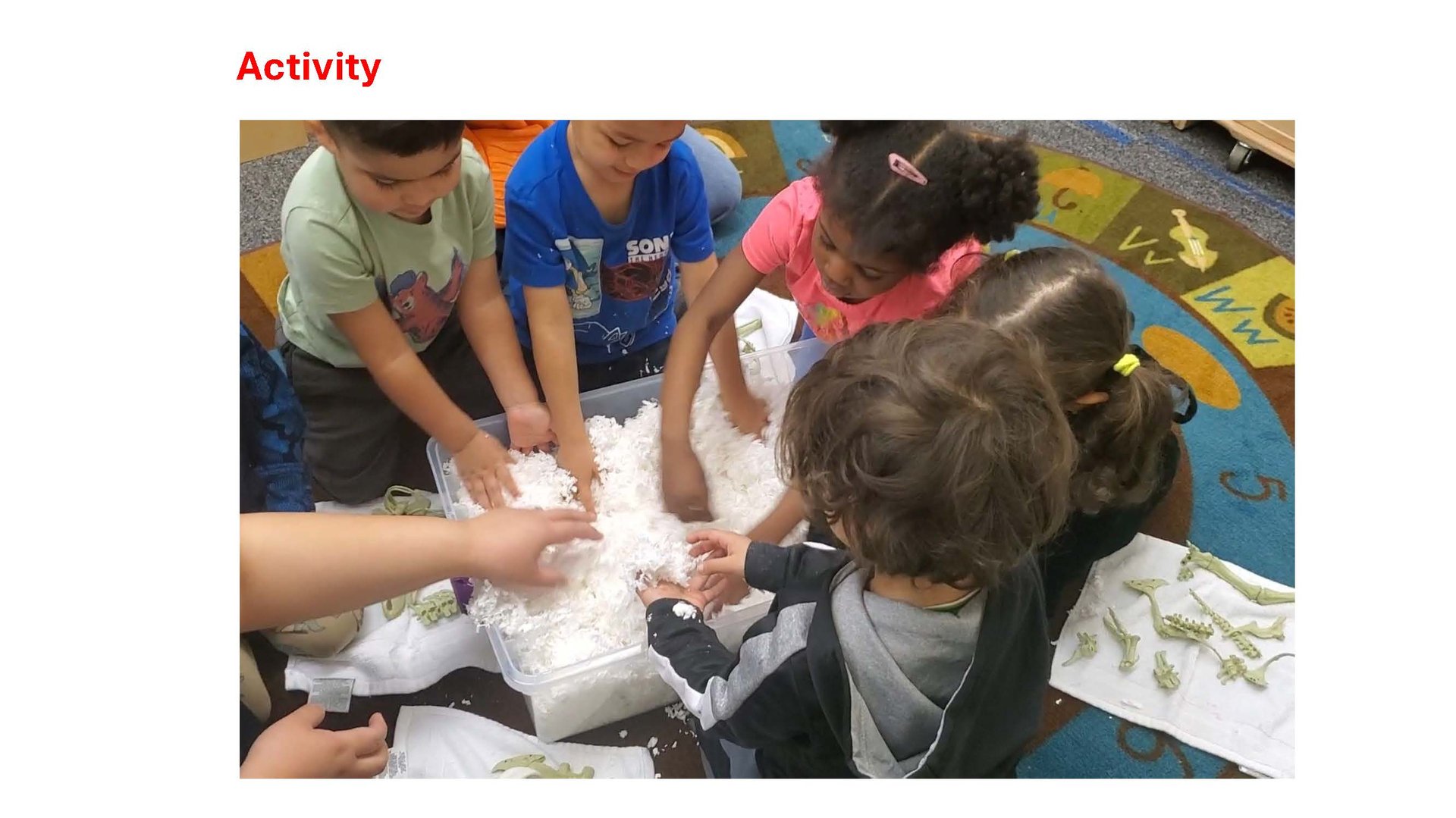
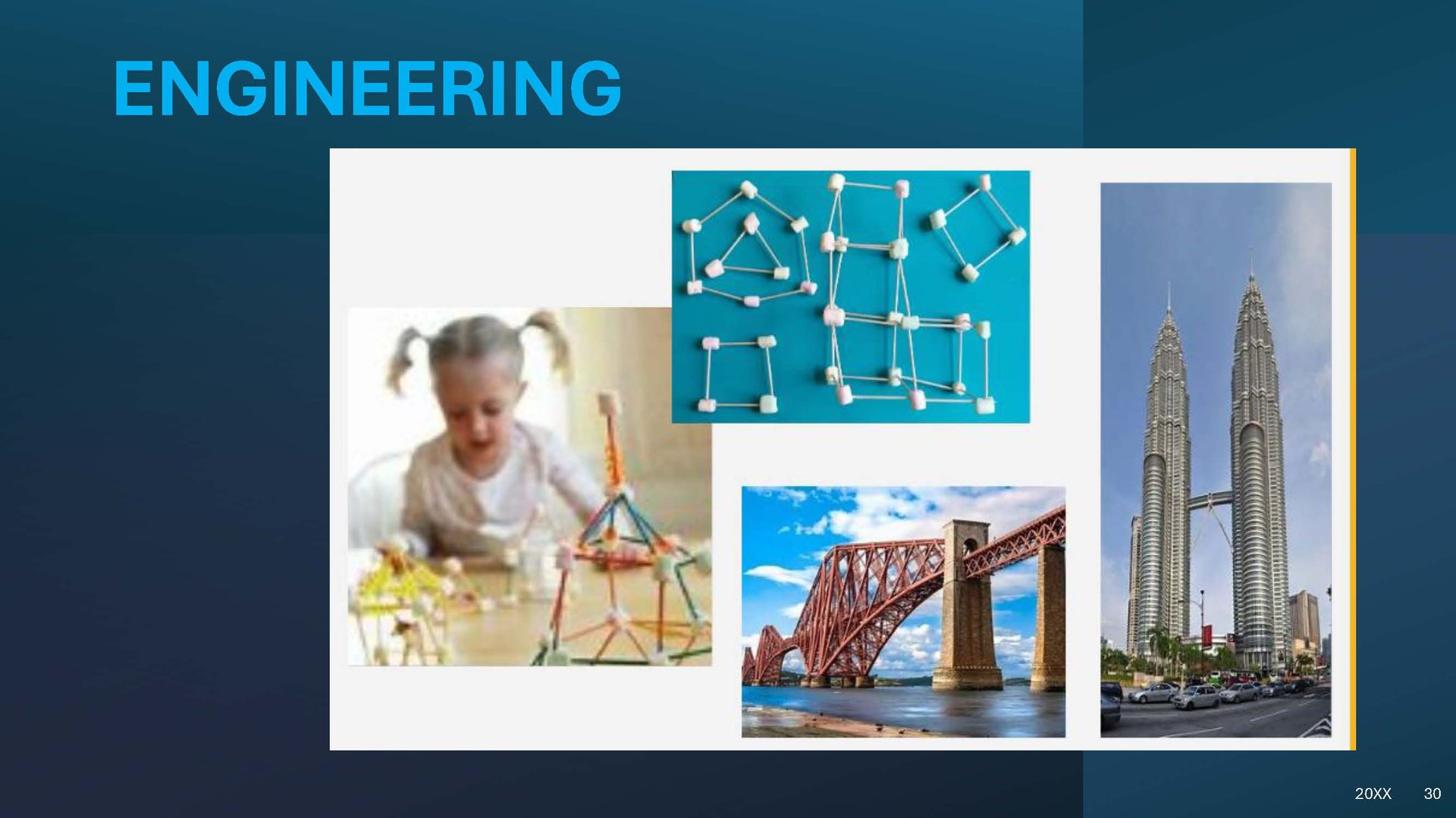
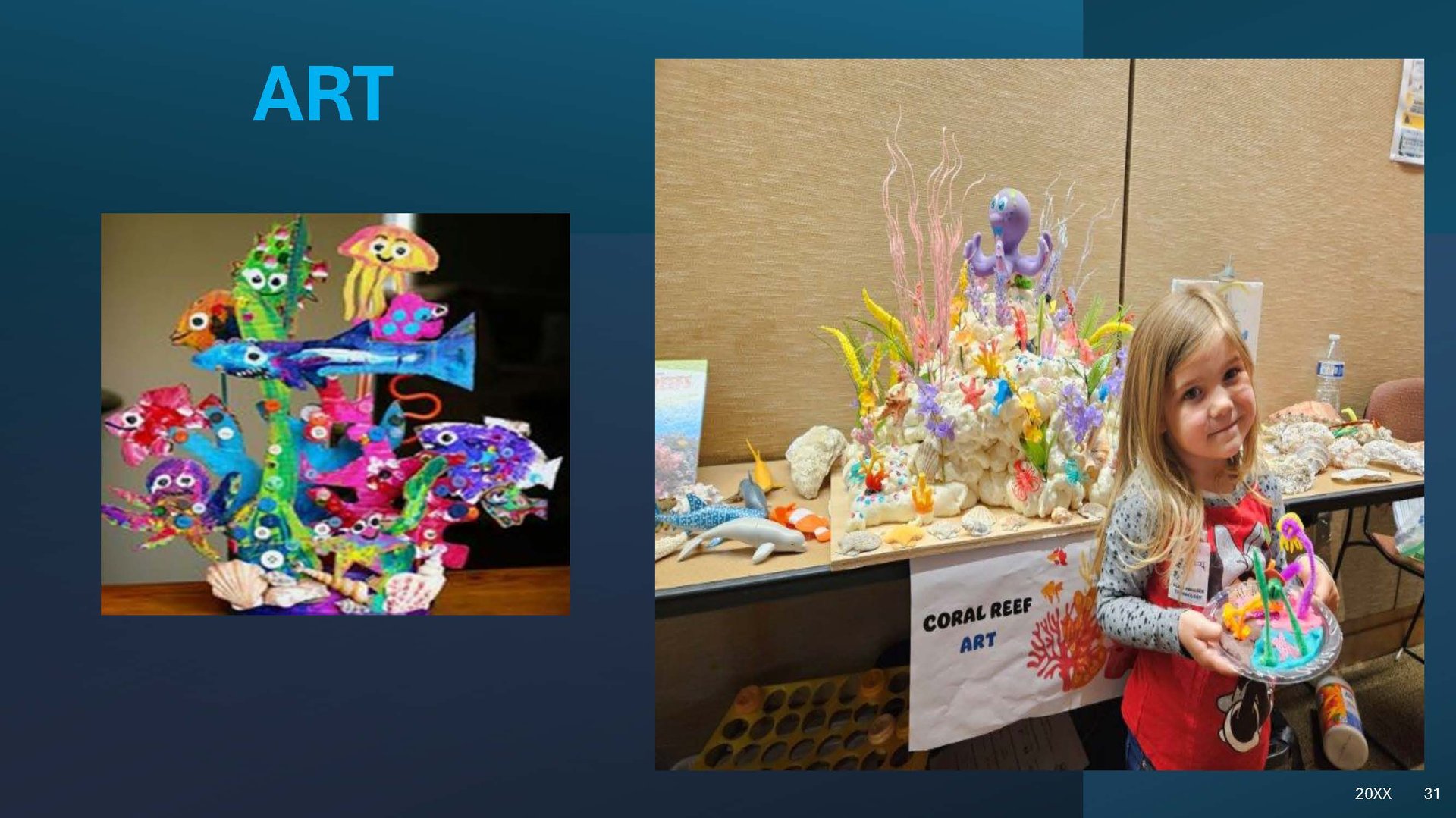
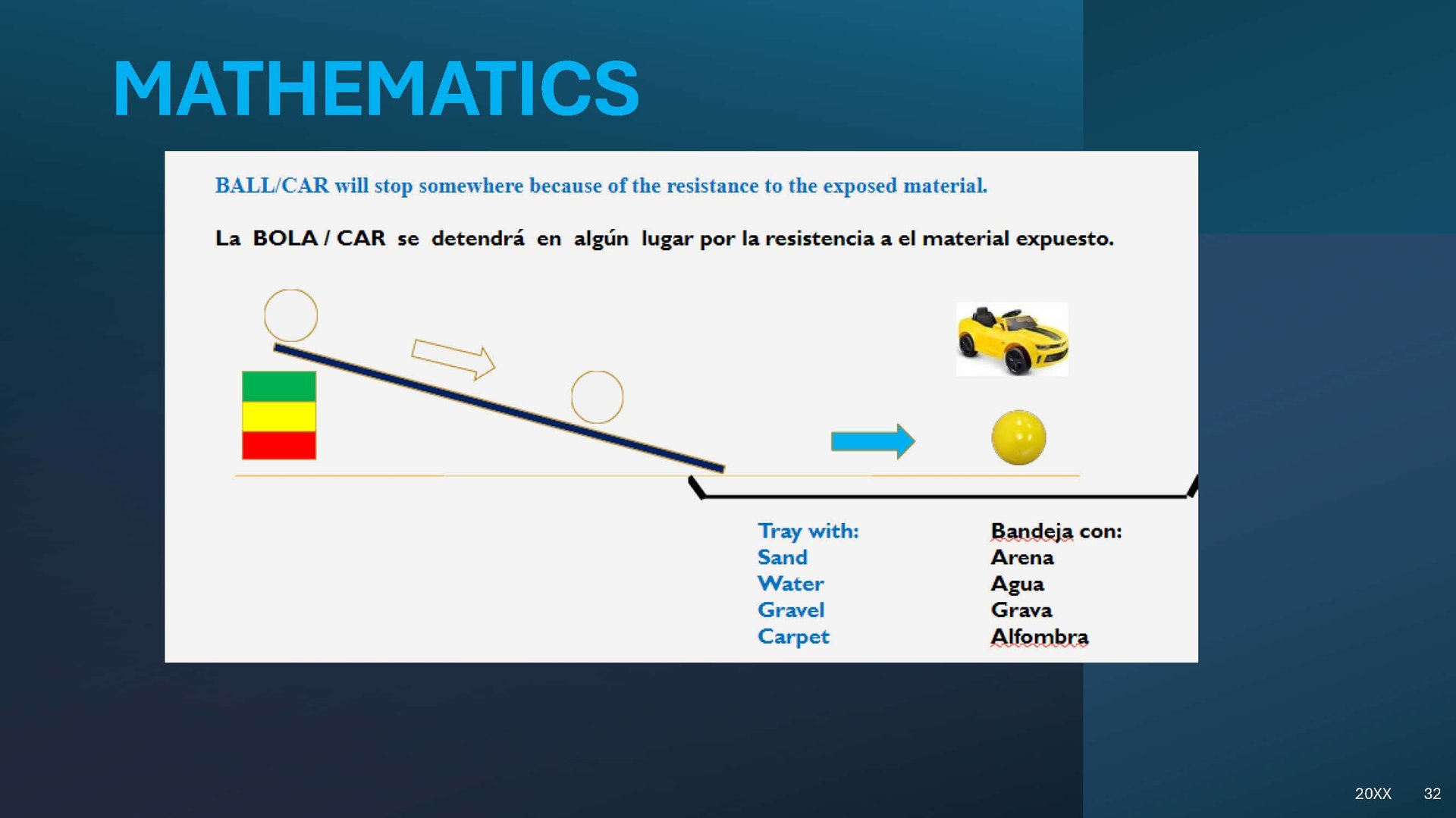
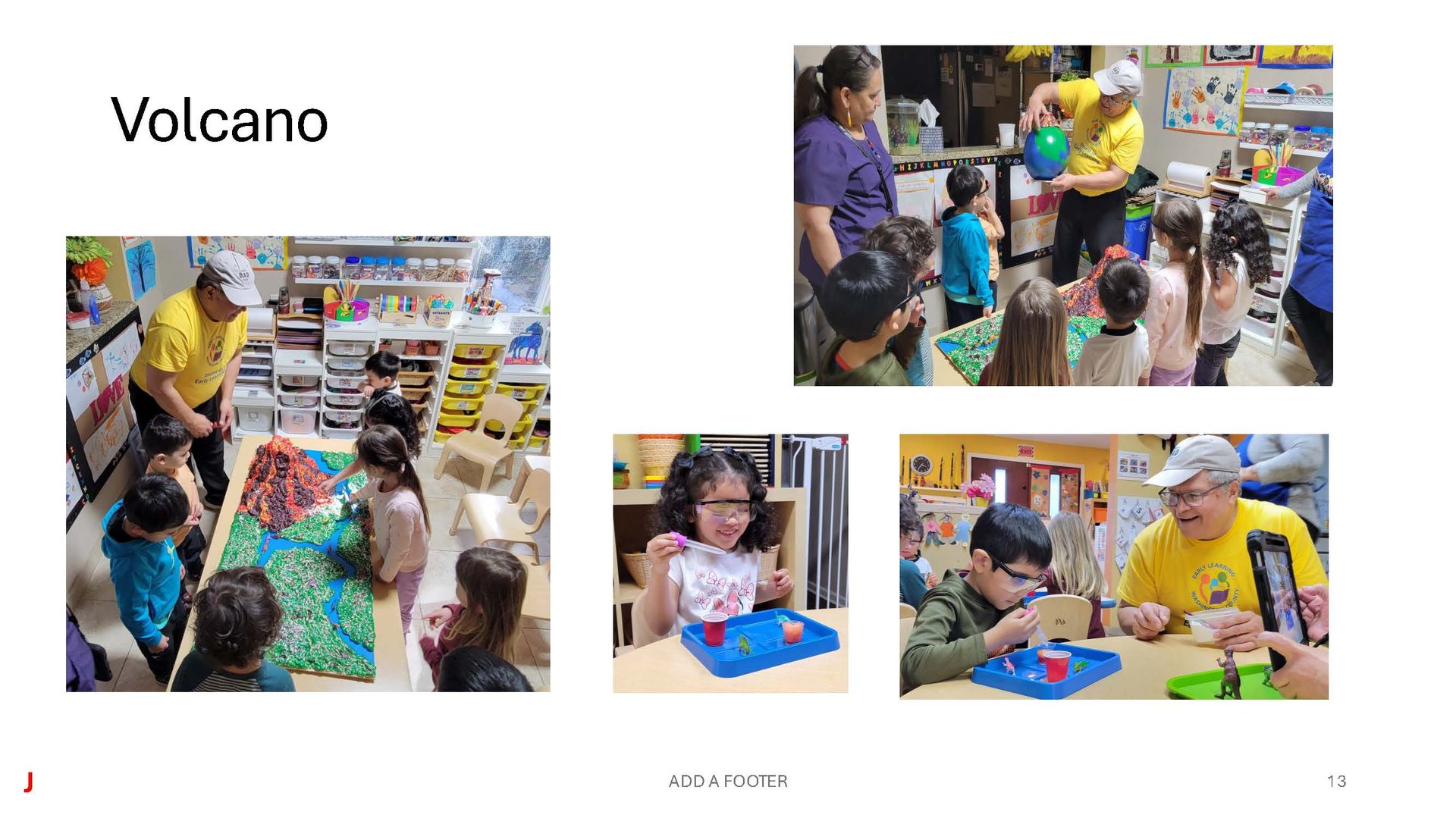


What is STEAM Education?
STEAM education is an integrated approach to learning that combines Science, Technology, Engineering, Arts, and Mathematics. It emphasizes hands-on, project-based learning to develop critical thinking, creativity, and problem-solving skills. STEAM goes beyond traditional teaching methods by connecting these disciplines in meaningful ways, fostering innovation and preparing children for the challenges of the modern world.


Why is STEAM Education important?
In today’s rapidly changing world, STEAM education equips children with the skills they need to succeed in a tech-driven and interconnected society. By blending scientific exploration with artistic creativity, STEAM nurtures both analytical and imaginative thinking. It also bridges the gap between theoretical knowledge and real-world applications, empowering students to think critically and collaboratively.


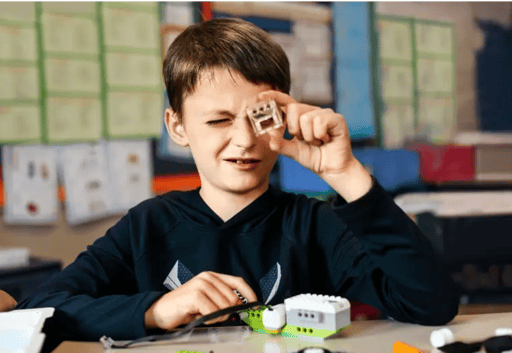

What are the benefits of STEAM Education?
Future-ready skills: STEAM activities help children develop adaptability, curiosity, and resilience, key traits for lifelong learning.
Enhanced creativity: By integrating the arts, children learn to approach problems with innovative solutions and diverse perspectives.
Collaboration and communication: Working on group projects teaches children how to communicate their ideas effectively and work as a team.


How does it help young children?
At CEN-OREGON, we design STEAM-based programs and activities for early learners, ensuring they are age-appropriate and engaging. These programs inspire curiosity and build foundational skills for future academic and personal success.
Some examples include:
Infants (0-1 years): Sensory exploration activities, such as introducing different textures, sounds, and visual stimuli, lay the groundwork for scientific observation and artistic appreciation.
Toddlers (1-3 years): Building simple structures with blocks or exploring colors and patterns helps children understand early engineering and design concepts.
Preschoolers (3-5 years): Engaging in experiments like mixing colors, growing plants, or creating simple circuits fosters curiosity about how the world works and introduces basic scientific principles.


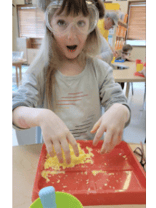

Family-friendly kits: Our take-home STEAM kits include fun and interactive activities that families can do together, such as building models, conducting small experiments, or creating art projects.




Workshops and events: We host community gatherings where parents can learn how to support STEAM learning at home, with simple materials and activities that encourage creativity and exploration.
How are families involved in STEAM Education?
Culturally relevant projects: Our programs honor and incorporate the cultural wealth and lived experiences of families, ensuring that STEAM activities are meaningful and inclusive.







Why STEAM matters to our mission
STEAM education is central to CEN-OREGON’s mission of rethinking, reimagining, and redesigning education. By providing innovative and equitable learning experiences, we empower children to become curious learners and problem-solvers, ready to build a more inclusive and innovative future.
